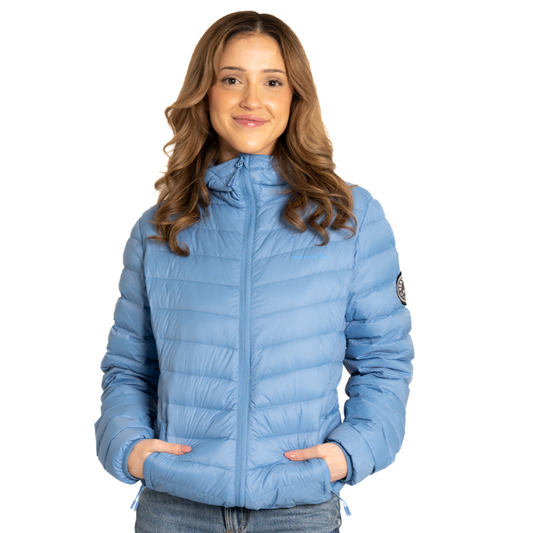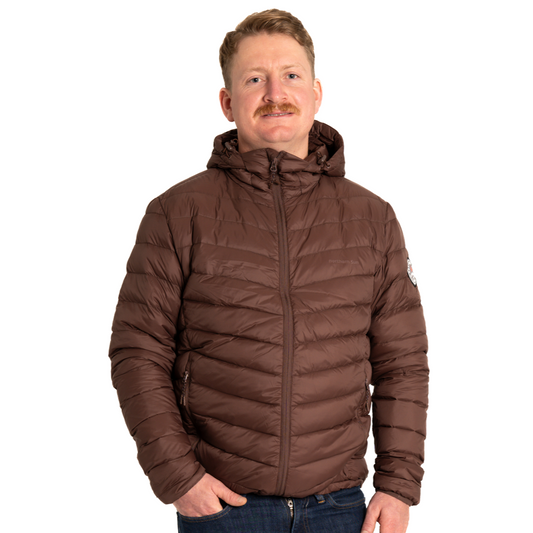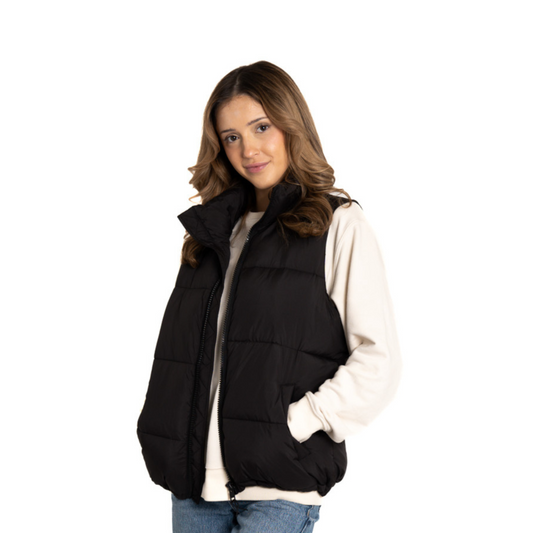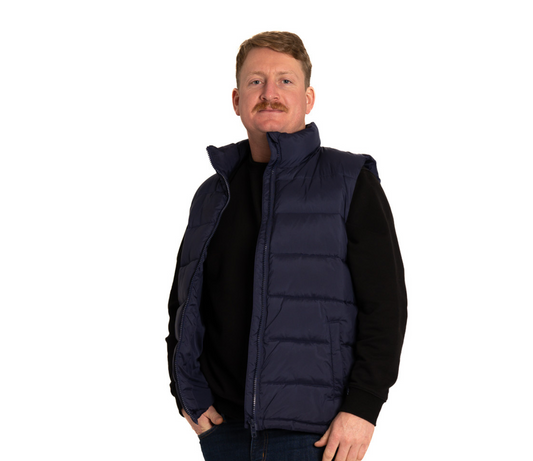How to Layer for Winter Runs in Vancouver
How to Layer for Winter Runs in Vancouver: Stay Warm, Dry, and Happy
Life in Vancouver is awesome, rain or shine, and there’s always something to do. But, if you’re not dressed right, a run in the rain can turn into a runny nose or worse. We’ve had a lot of people ask how to dress for winter runs in Vancouver’s wet weather – whether it’s a 5K jaunt on the Seawall or a full-blown trail run on the Baden-Powell. Here’s the lowdown on how to layer for success so you stay warm and dry without overheating.
We’ll skip footwear, shorts, and leggings for now and focus on what to wear on your upper body. Let’s dive into the essentials of layering for Vancouver’s winter conditions.
1. Start with a Solid Base Layer
A good base layer is key, and not all fabrics are created equal. You want a material that wicks moisture away from your skin to keep you dry and warm. Stay away from cotton and polyester – they hold onto moisture, get heavy when wet, and won’t keep you warm once you stop moving. Instead, opt for merino wool. It’s naturally moisture-wicking, breathable, and can absorb up to 30% of its weight in moisture while still feeling dry. Plus, it retains heat even when wet and dries quickly.
Recommended Base Layers:
- Good: Woolove Apparel – A Canadian company offering 100% merino wool base layers at a reasonable price. The 180-210 GSM range is perfect for Vancouver’s winter running conditions.
- Better: Smartwool – A bit pricier, but their base layers are well-known for quality and comfort.
- Best: Icebreaker – High-quality merino wool options that offer an incredible fit and feel, though they come at a higher price point.
2. Consider a Mid Layer (Optional)
For most runs, especially if you’re working up a sweat, a mid layer isn’t necessary. But if you’re planning a slower-paced run or think you’ll be stopping often (like for coffee breaks or photo ops), a light mid layer can be a good idea. Look for something breathable with venting options, like a quarter-zip, to help regulate heat. Merino wool is again a top choice, but if you’re on a budget, a poly-blend can work as long as your base layer is doing its job.
3. Choose a Rain Shell
The outer layer is where the magic happens, and it’s all about finding the right balance between waterproofing and breathability. When shopping for a rain shell, look for WPB (waterproof breathability) ratings. This usually comes in two numbers, like 10K/10K or 20K/20K. The first number measures the waterproofing ability (higher is better), while the second measures breathability (also higher is better). For Vancouver, 10K is typically sufficient for runs under two hours.
Good, Better, Best Rain Shells:
-
Good:
-
Better:
- Vuori Outdoor Trainer Shell – Sleek, reflective strips for visibility, and water-resistant, though it doesn’t have a specific WPB rating. Cost: $161.95. Link
- Northern Sun Rain Jacket – Everyday-use design with adjustable cuffs and hood (8K/1K WPB). The men’s fit can work for women who like the oversized trend. Cost: $130. Link
-
Best:
- Brooks High Point Waterproof Jacket – Specifically made for running, featuring 14K/14K WPB, taped seams, underarm perforation, and a back vent for extra breathability. Cost: $197.95. Link for Men’s, Link for Women’s
- Salomon Bonatti Waterproof Jacket – Available in a standard or trail version (10K/10K WPB). The trail jacket is slightly heavier and offers additional waterproofing treatment. Trail: $300, Standard: $230. Link for Trail, Link for Waterproof
Quick Tips for Picking a Jacket
When choosing a jacket, think about how long you’ll be out, how much rain you expect, and how intense your run will be. Make sure it ticks all your boxes so you can focus on your run rather than worrying about staying dry.
Vancouver Trail Runs to Try This Winter
Looking for some trail running inspiration? Here are three favorite routes we've done with the Social Run Club:
-
NorVan Falls (8km, Out and Back)
- Difficulty: Moderate, with a gradual incline. Option for a cold plunge in Lynn River afterward.
- Parking: Free and paid parking available.
- Strava Route
-
Hyannis Point (8km, Loop)
- Difficulty: Moderate to difficult, with two large uphill segments. A cold plunge in Seymour River is a great way to finish.
- Parking: Free parking on Hyannis Drive. Access is a bit tricky, but worth it.
- Strava Route
-
St. Denis Avenue (6km, Out and Back)
- Difficulty: Moderate, with a steady middle incline. The trail flattens out towards the top. Option to cool off in Lynn River afterward.
- Parking: Free parking on St. Denis Avenue.
- Strava Route
Final Thoughts
Winter runs in Vancouver can be a blast, as long as you’re prepared. Layer right, pick gear that suits your needs, and enjoy the experience. And remember, there’s no such thing as bad weather, just the wrong clothes!






